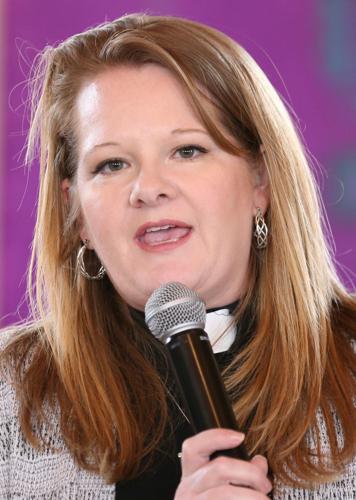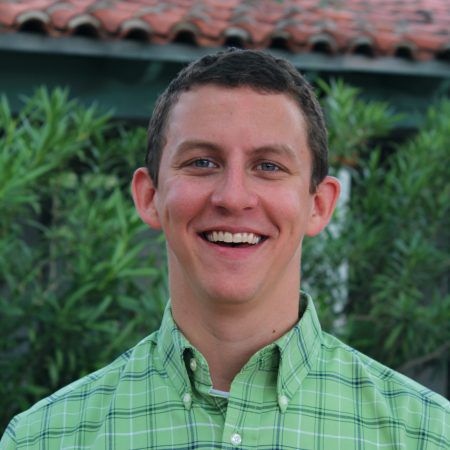The following column is the analysis and opinion of the writers.
For months, all across Southern Arizona, signs in front lawns, apartment windows and storefronts have proclaimed the fundamental truth that humanitarian aid is not a crime. This past Tuesday, eight members of a 12-person jury agreed, causing the government’s case against No More Death’s volunteer Scott Warren to be declared a mistrial.
For many of us—particularly in the religious community—it was shocking to us that Dr. Warren was charged at all for engaging in acts that many of us view as a basic requirement of our faith.
In fact, over a hundred religious leaders from across the nation gathered in Tucson at the Federal Courthouse on June 5 in support of Dr. Warren. We gathered—Muslim, Jewish, Buddhist, Christian, Unitarian Universalist, Native American—to pray together because we believe humanitarian aid is never a crime. We also believe treating it as such is fundamentally a threat, not only to the practice of our faiths, but to the basic foundations of civil society.
The bedrock of any society is what the Rev. Dr. Martin Luther King, Jr. called “an inescapable network of mutuality … a single garment of destiny.” We teach that mutual responsibility to our children in kindergarten and Sunday School with the expression,“sharing is caring” not “sharing is criminal.”
In the Christian tradition, we believe on judgment day we will have to give an account for the ways in which we treat “the least of these.” In Matthew’s gospel, Jesus said that the creator will ask us, “Did you give water to the thirsty?” “Did you feed the hungry?” “Did you welcome the stranger?” And our salvation depends on an affirmative answer: “Yes, Lord, we cared for the least of these.”
In the past two weeks, these same questions were being asked, not by some celestial court, but by prosecutors in the federal courthouse as they did all they could to twist the internationally recognized right to give humanitarian aid into a criminal offense. For them, an affirmative answer to “Did you give water? Did you give food? Did you welcome the stranger?” should not result in salvation but rather incarceration. Fortunately, compassionate hearts prevailed and Dr. Warren was not convicted for his acts of kindness to two individuals who were in desperate need of that kindness.
Time after time, the eyes of the nation have turned toward Arizona. From a renegade sheriff up north to draconian laws like SB 1070, we have earned the reputation of being a laboratory for anti-immigrant attitudes and policies. But the majority of us who call Pima County home have always held fast to the beauty that is the borderlands and the richness in the confluence of our cultures, and we have rejected attempts to shape us into a community based on fear and suspicion of other human beings.
Perhaps it is because we live in the heart of the beautiful Sonoran Desert and know what all desert dwellers across the globe and throughout human history know: that none of us could survive the desert if we could not rely on the kindness of others who are always quick to invite you in and offer you a cold glass of water. With the trial of Dr. Warren, the eyes of the nation turned toward us once again and we are proud that, as a community, we stood together and told a different story of who we can be as a nation when we see ourselves as an inescapable network of mutuality bound together through compassion for one another.
In his statement on June 11, Dr. Warren was quick to point out that since his arrest in January 2018, no fewer than 88 bodies were recovered in the Arizona desert. In the face of these deaths and the ongoing suffering created by our border policies, to fail to do whatever we can to alleviate the suffering and stop the deaths is the real crime.
And so the trial of Dr. Warren may be over for now. But if you have a sign up in your yard, in your business, in your apartment, leave it up. We must never cease in our affirmation that compassion and kindness is what binds us together as a society and that humanitarian aid is never, ever a crime but rather a moral obligation.







